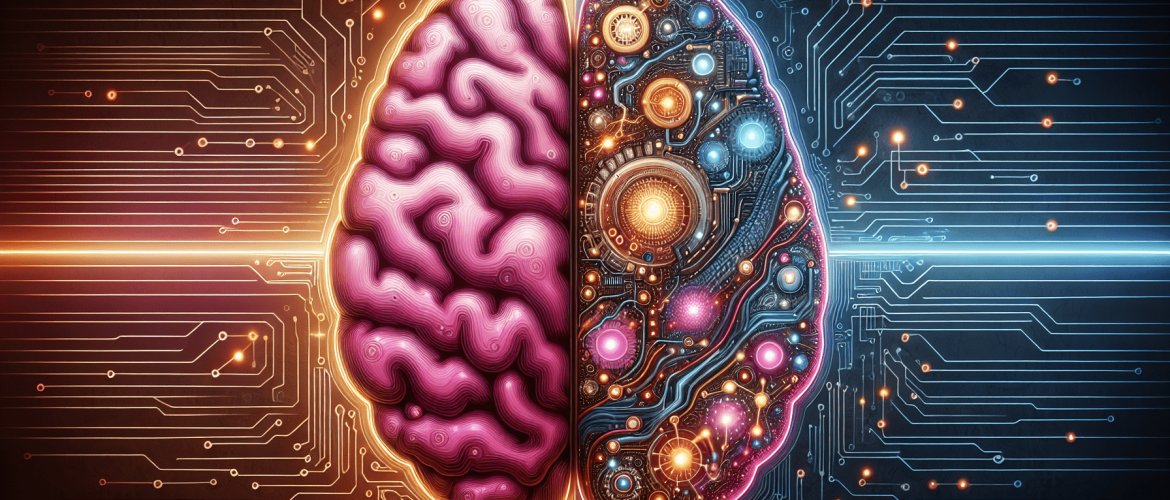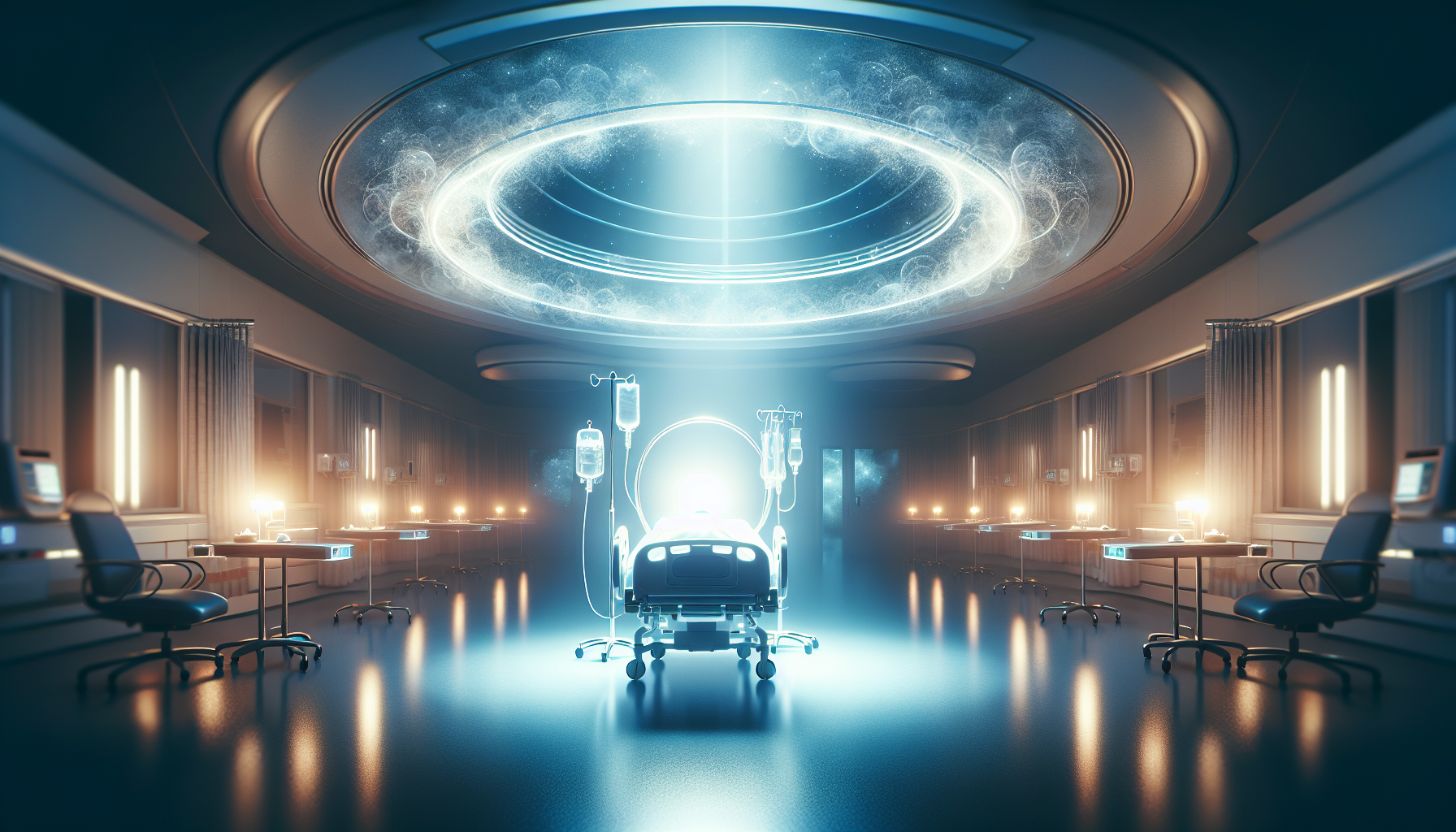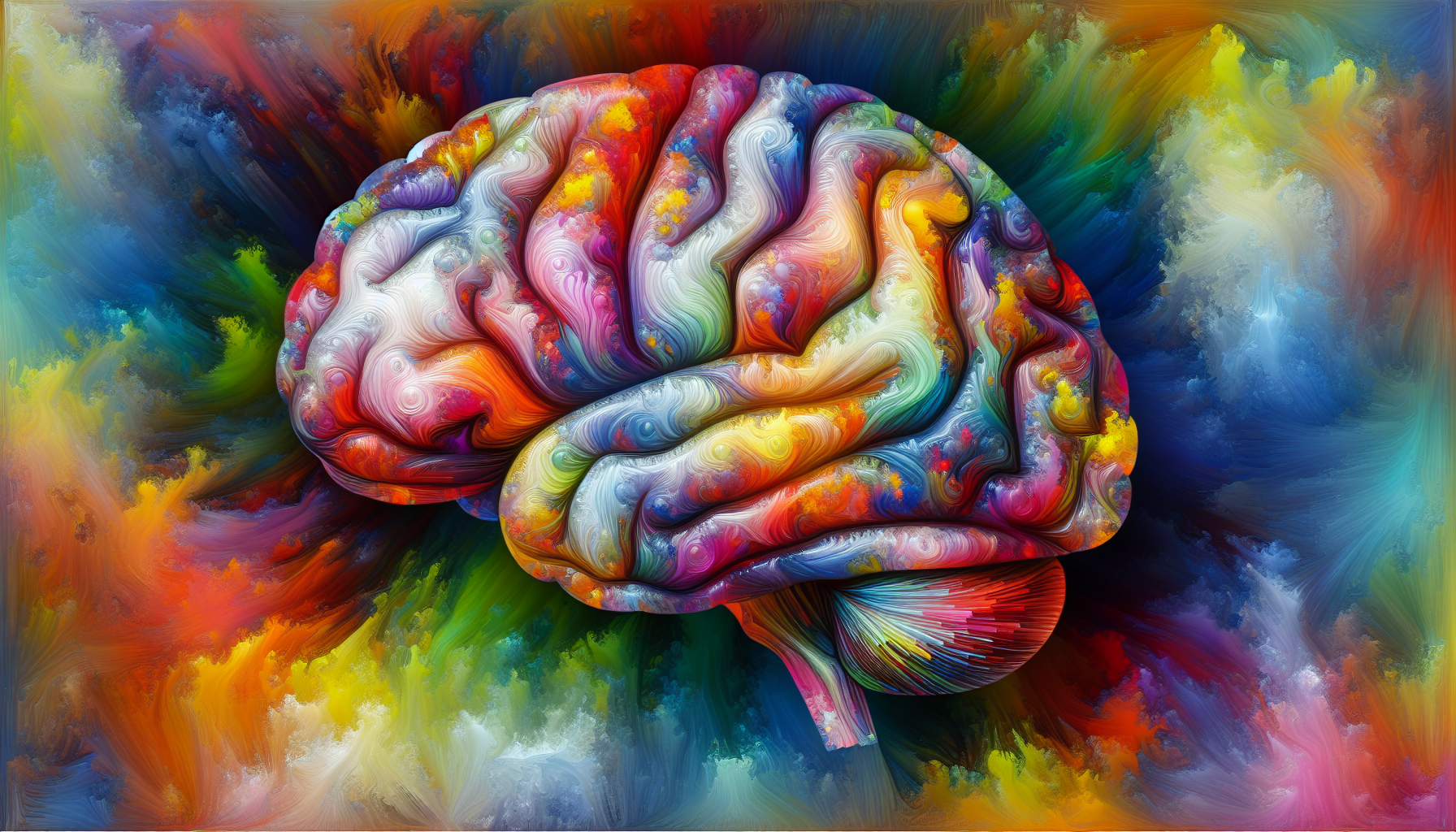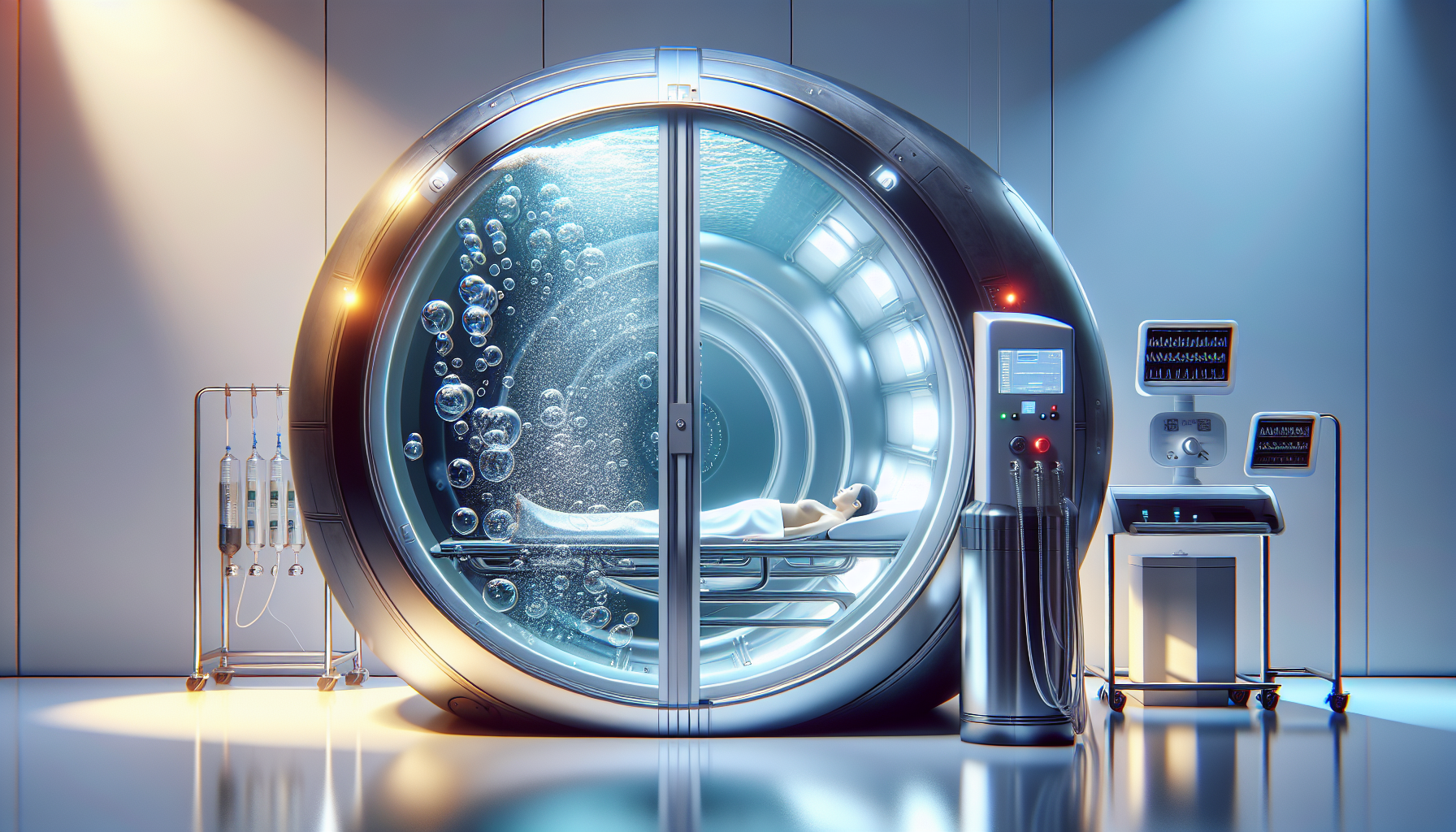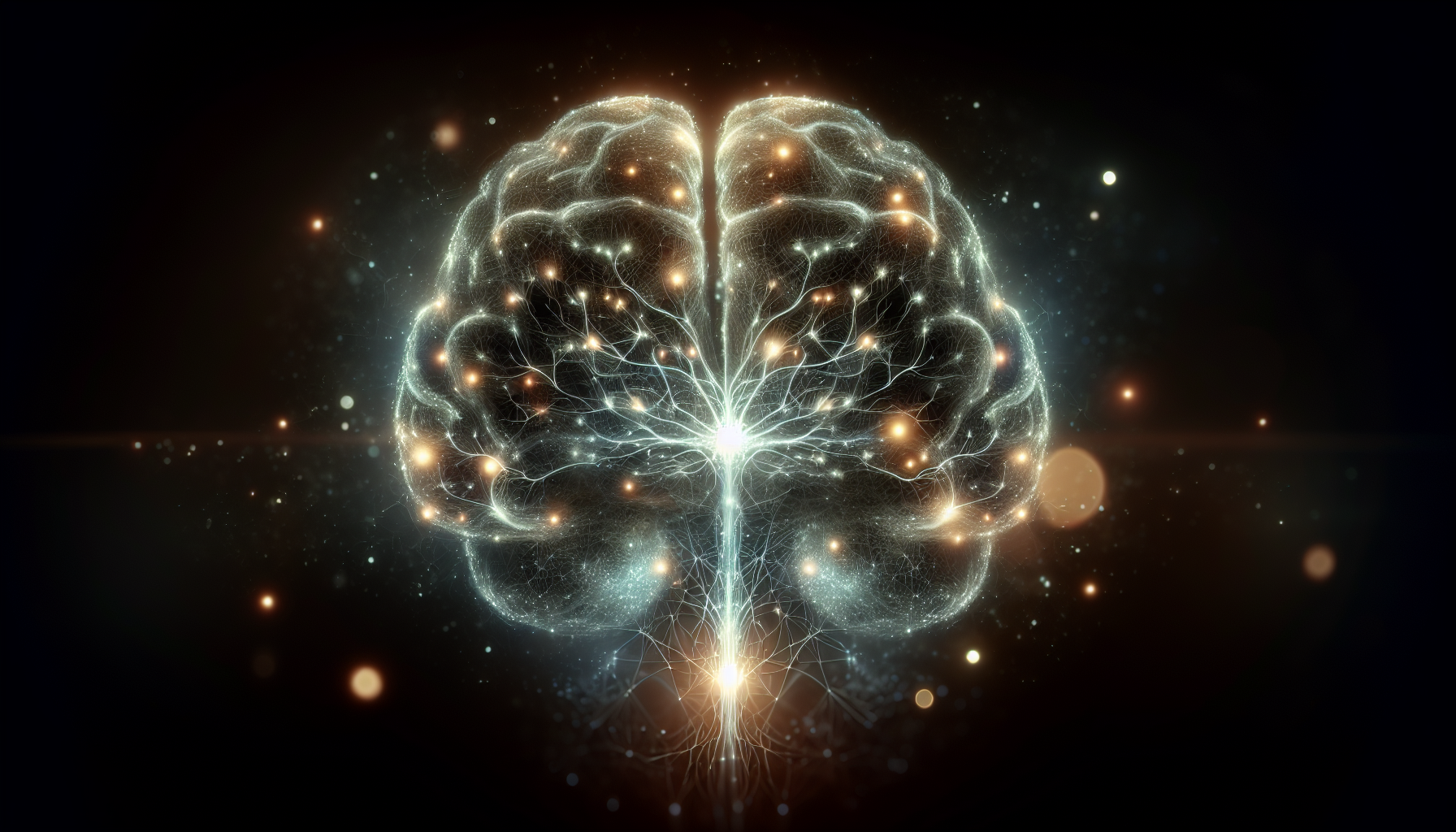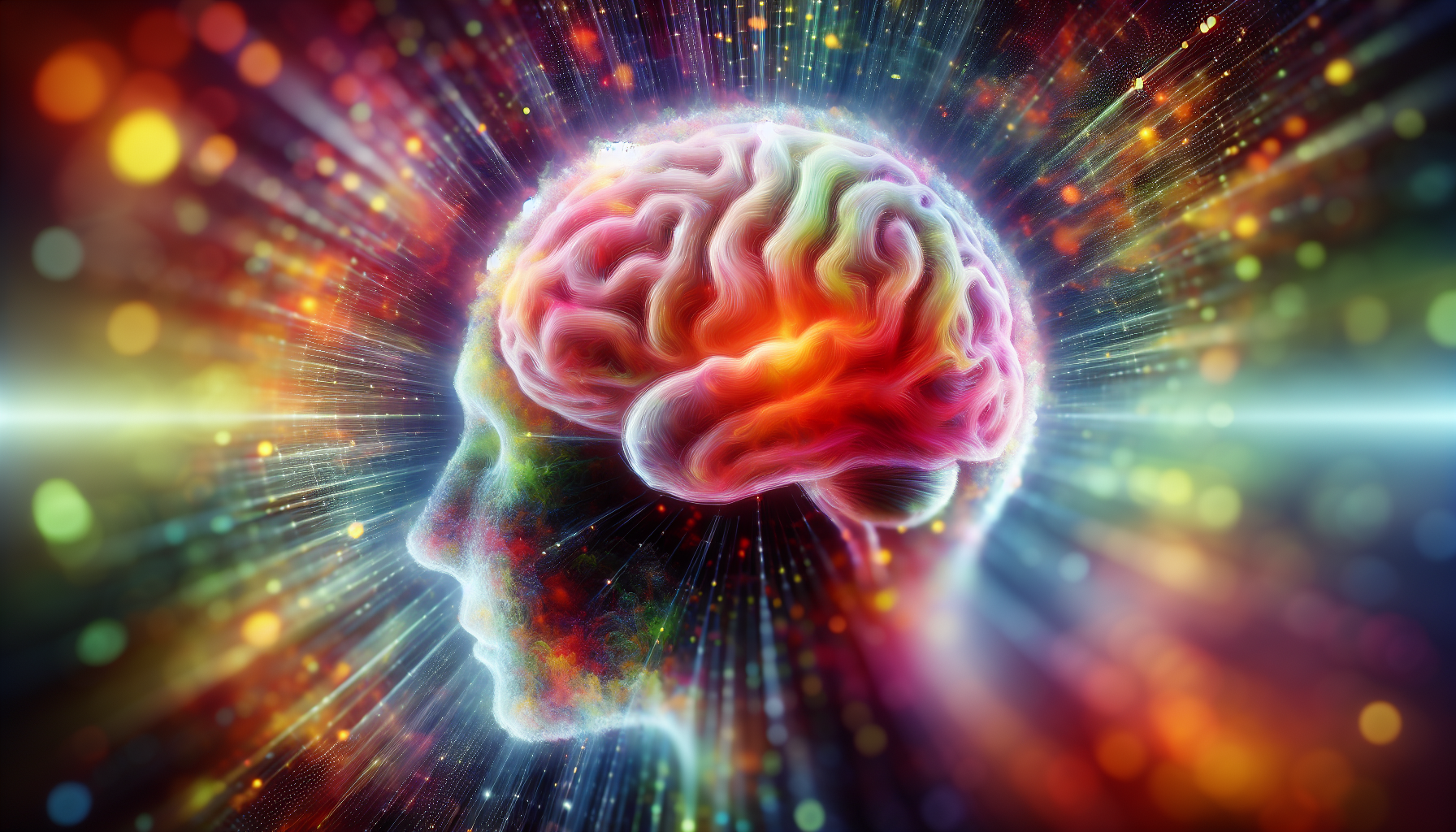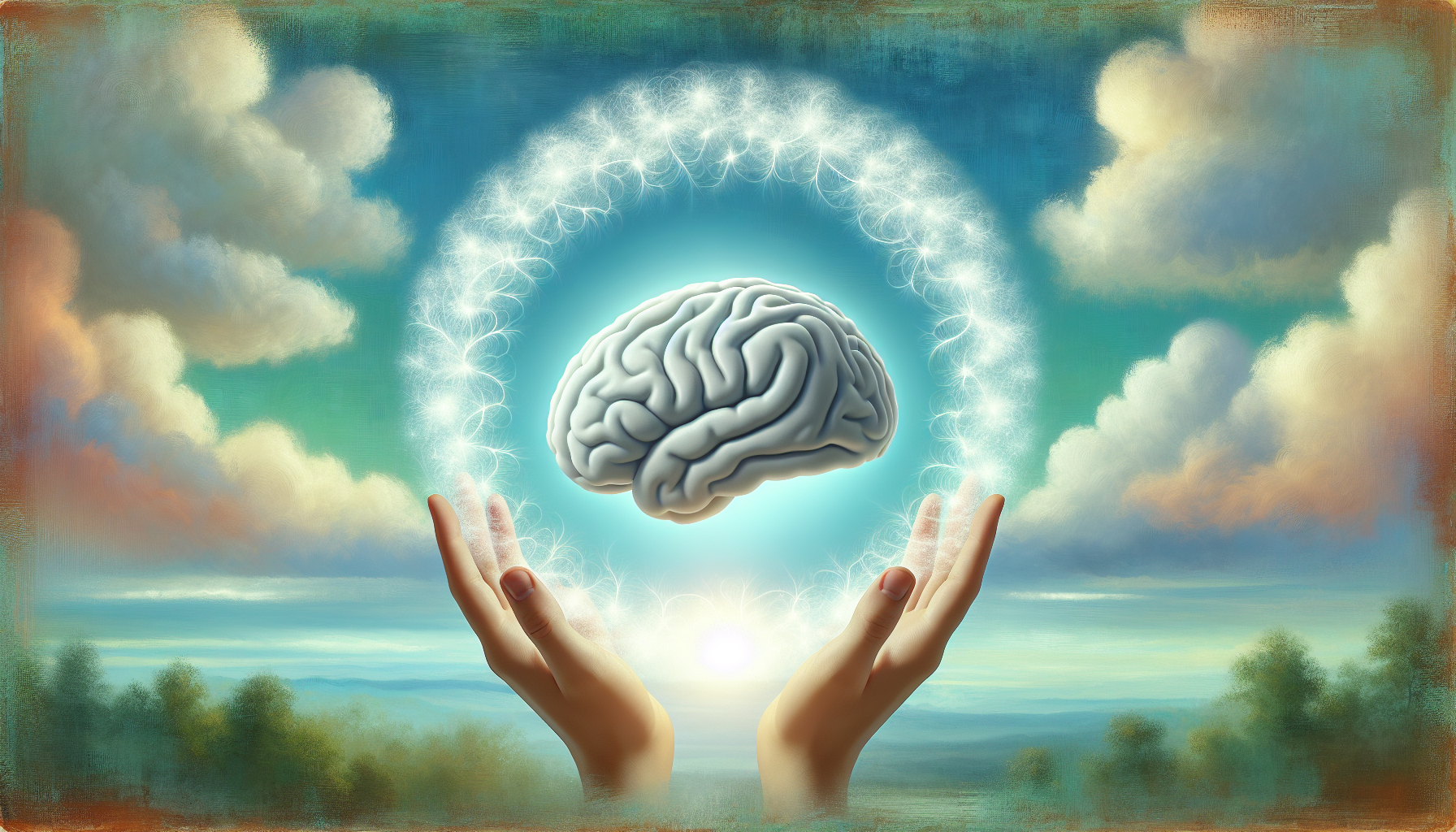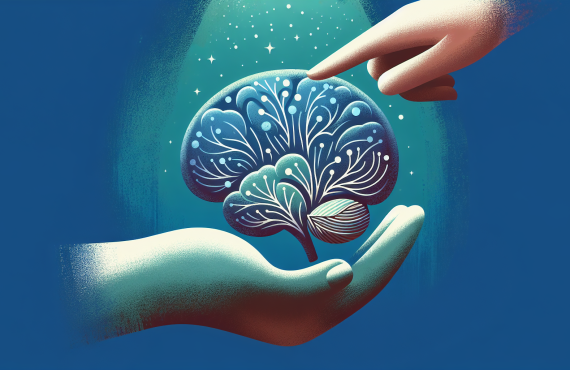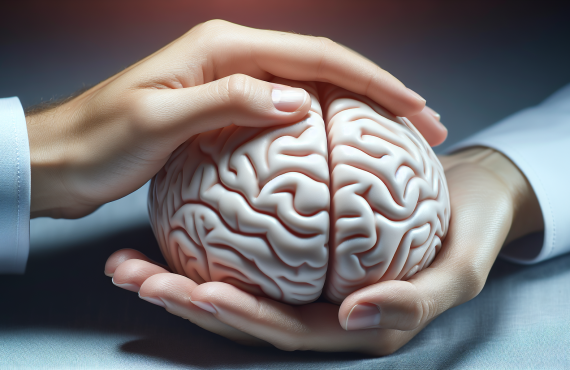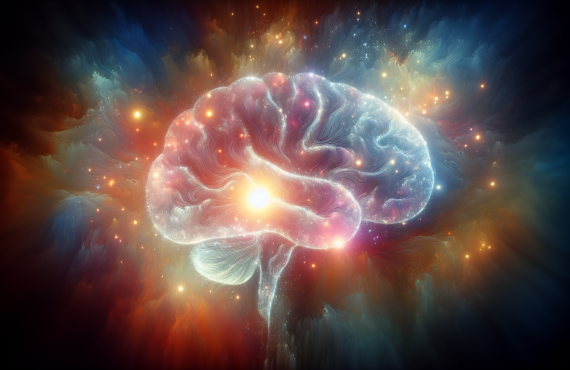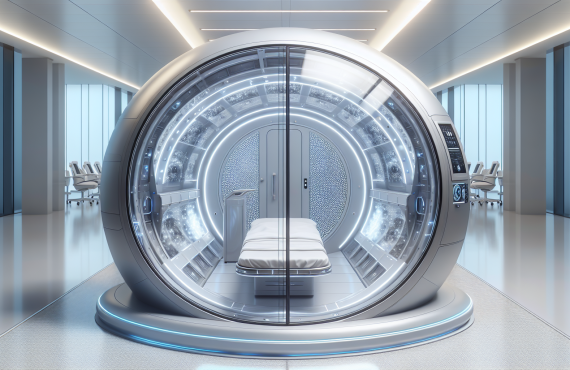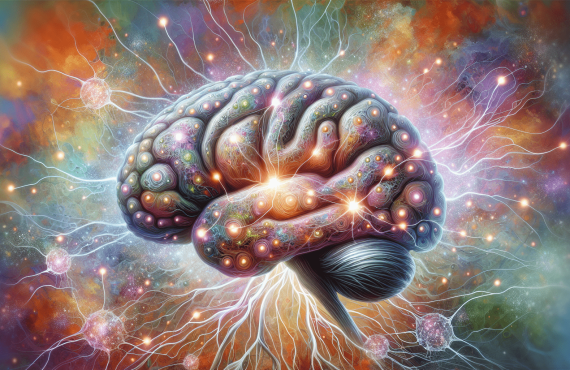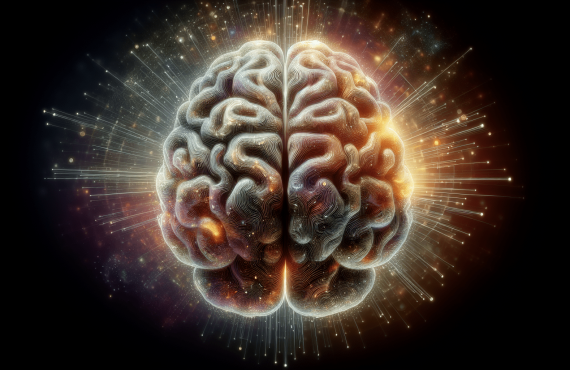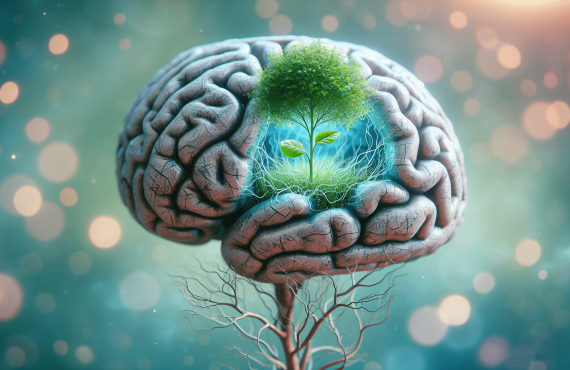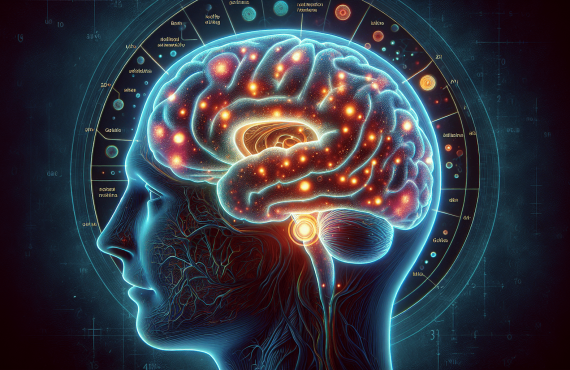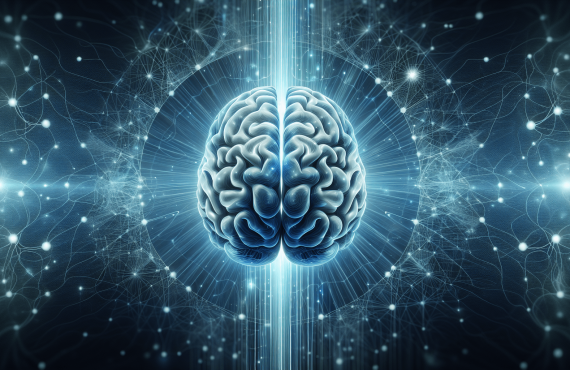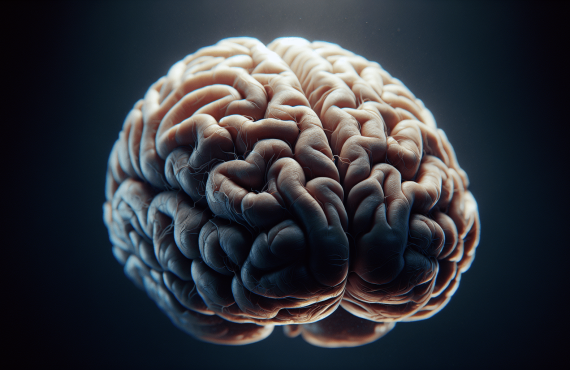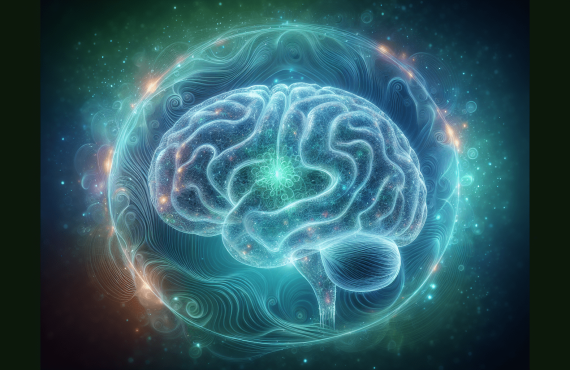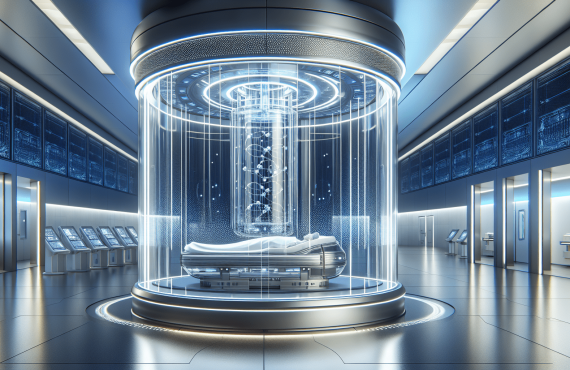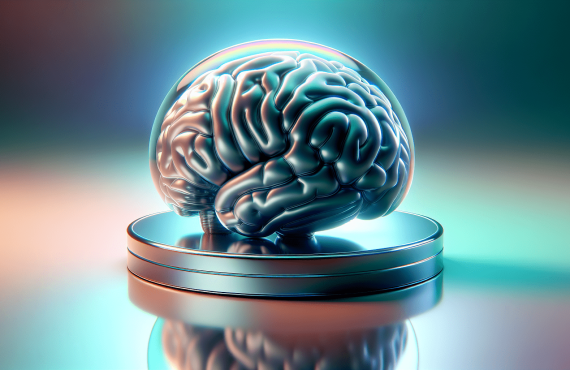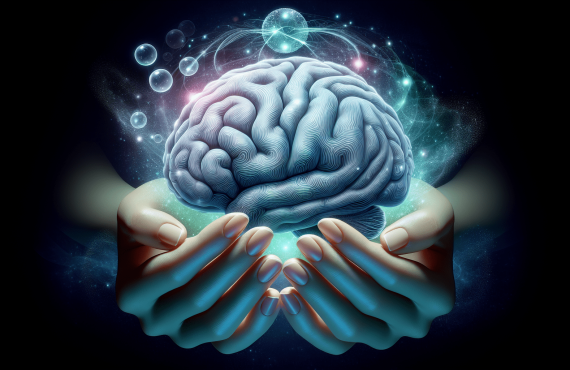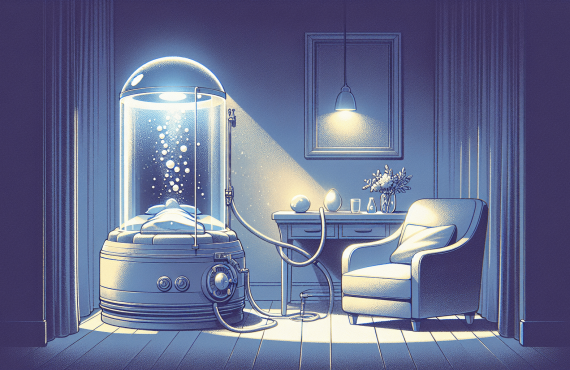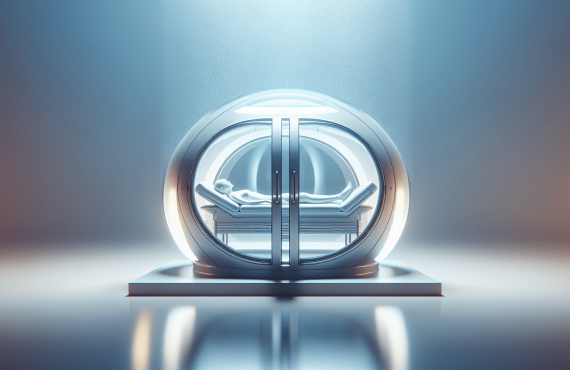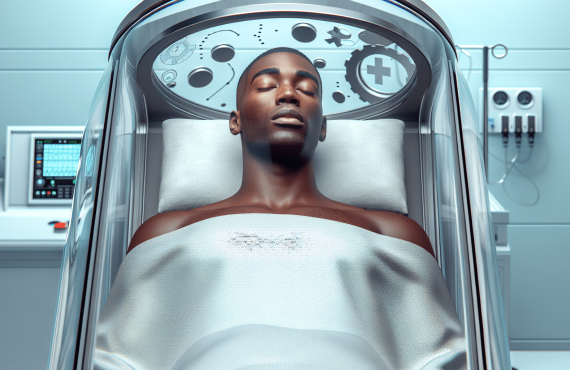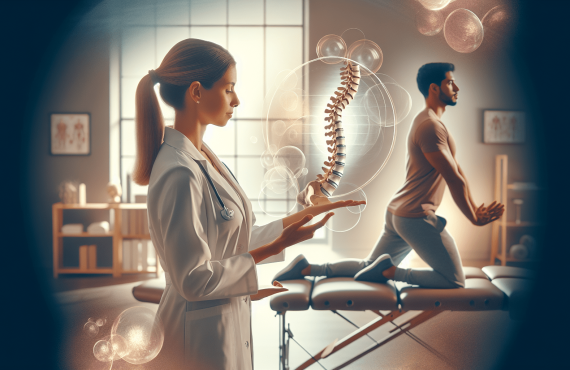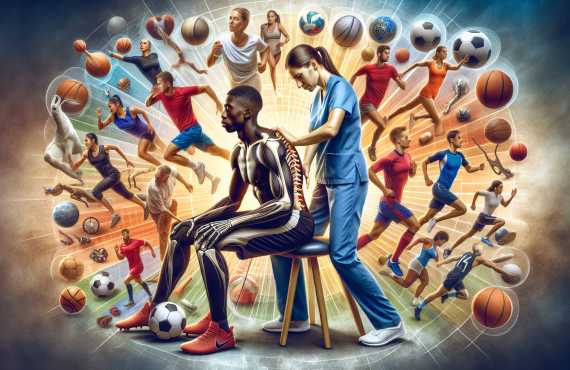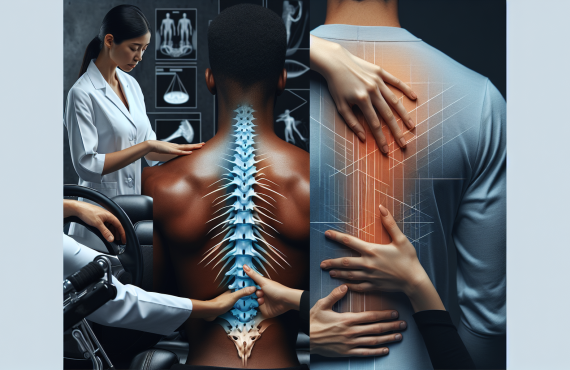Have you ever pondered whether the human brain has the remarkable ability to repair itself after suffering damage? Imagining our brain as a resilient organ capable of restoration is fascinating, but there’s a blend of science, hope, and an array of questions behind this concept. Let’s embark together on this journey to discover whether a damaged brain can truly mend itself, and explore therapies like hyperbaric oxygen therapy, which might aid in facilitating this healing process.
Table of Contents
Understanding Brain Damage
The term “brain damage” can sound daunting, but what exactly does it entail? Brain damage results from injury or illness, affecting how our brain functions. Causes can include traumatic brain injuries (TBI), strokes, infections, and other neurological conditions. These events can disrupt the brain’s communication pathways, leading to cognitive, physical, or emotional challenges.
Causes of Brain Damage
There are myriad causes behind brain damage, each impacting the brain differently. Traumatic brain injuries often occur due to accidents, while strokes result from blood supply disruption. Diseases like Alzheimer’s lead to degenerative brain changes, and infections can damage brain tissue. Understanding the root cause is crucial for deciding the appropriate healing path.
Symptoms of Brain Damage
Symptoms vary widely depending on the severity and location of the damage. Common signs include memory loss, confusion, headaches, dizziness, and mood swings. Physical symptoms can manifest as coordination problems, weakness, or paralysis. Emotional and cognitive symptoms might involve difficulties with concentration, problem-solving, or controlling emotions.
Can the Brain Heal Itself?
The short answer is both yes and no. The brain possesses a unique ability called neuroplasticity. This term means the brain can reorganize itself by forming new neural connections. Neuroplasticity allows the brain to compensate for injury and adjust to new experiences or environments.
Neuroplasticity: The Brain’s Secret Weapon
Neuroplasticity is a wonderful quality of the human brain. It means our brains are moldable, almost like clay. When there is damage, the brain can sometimes rewire itself. New pathways grow, helping the brain to find new ways of functioning. While this doesn’t mean the brain is invincible, it does offer some hope for recovery.
Factors Influencing Brain Repair
Several factors impact the brain’s ability to heal itself. These include the individual’s age, the severity of the damage, the location within the brain, and how soon treatment begins. Younger brains often exhibit greater plasticity, meaning children sometimes recover more fully from brain injuries than adults.

Therapies and Treatments
The path to brain repair can be complex and involves various therapies. Ranging from conventional medical treatments to innovative therapies like hyperbaric oxygen therapy, there’s a broad spectrum of interventions available.
Traditional Medical Treatments
Traditional treatments for brain damage focus on managing symptoms and preventing further injury. This can involve medication, surgery, or rehabilitation therapies such as physical, occupational, and speech therapy.
Hyperbaric Oxygen Therapy
Could breathing pure oxygen in a pressurized chamber help heal brain damage? Hyperbaric Oxygen Therapy (HBOT) offers promising potential. By increasing oxygen concentration in the blood and tissues, HBOT might enhance healing. It reduces inflammation, assists in tissue repair, and supports the growth of new blood vessels, crucial for healing and regeneration.
How HBOT Works
In a hyperbaric chamber, the air pressure is higher than normal. This environment lets the lungs gather more oxygen. When your blood carries higher oxygen levels to damaged areas, it energizes healing processes. Angiogenesis, the growth of new blood vessels, plays a crucial role in this therapeutic effect.
Where to Seek Help
For those considering chiropractic care as part of their recovery, seeking qualified professionals is crucial. In Pensacola, Henry Chiropractic, led by Dr. Craig Henry and Dr. Aaron Hixon, offers services that focus on improving overall health and wellness. They provide a supportive environment for dealing with various health issues, including those related to the spine that might impact nervous system function.
Dr. Craig Henry and Dr. Aaron Hixon
Dr. Craig Henry and Dr. Aaron Hixon form a formidable team at Henry Chiropractic. With a focus on personalized care, they address diverse patient needs. Dr. Henry utilizes chiropractic care to enhance health, relieving pain and improving daily function. Simultaneously, Dr. Hixon draws from extensive knowledge and passion to assist patients, helping manage and relieve health concerns through chiropractic techniques.

How Lifestyle Affects Brain Health
Beyond medical and therapeutic interventions, lifestyle plays a significant role in supporting brain health and recovery. Diet, exercise, and mental activities help keep the brain active and in good health.
Nutrition’s Impact on the Brain
Nutrition provides the brain with essential nutrients necessary for repair and maintenance. Omega-3 fatty acids, antioxidants, vitamins, and minerals found in fruits, vegetables, and fish can promote healthy brain cells and improve overall function.
Exercise for Brain Health
Physical activities increase blood flow to the brain, delivering essential nutrients and oxygen. Exercise also stimulates neuroplasticity, encouraging the brain to form new neural connections.
Mental Exercises and Brain Recovery
Just as physical exercise strengthens the body, mental exercises boost brain function. Activities like puzzles, reading, and learning new skills encourage the brain to establish new pathways, enhancing its adaptability and resilience.
Frequently Asked Questions
Though we’ve covered much ground, you might still have some queries. Let’s address some common questions regarding brain repair and related treatments.
FAQ 1: Can the brain fully recover from all types of damage?
Not always. Recovery depends on many factors, including the extent of damage and individual differences. While some may experience significant recovery, others might have lasting challenges.
FAQ 2: Is Hyperbaric Oxygen Therapy painful?
No, HBOT is generally comfortable and non-invasive. While in the chamber, patients usually experience no discomfort, although some pressure might be felt in the ears as they adjust to the new environment.
FAQ 3: How long does a session of HBOT take?
Typically, a single session lasts between 60 to 90 minutes. Depending on the condition being treated, multiple sessions might be necessary for optimal results.
FAQ 4: Are there any side effects of HBOT?
Side effects are rare but can include temporary changes in vision, fatigue, and ear discomfort due to pressure changes. It’s essential to discuss any concerns with the treating physicians.
FAQ 5: How can I support brain healing at home?
Adopt a healthy lifestyle with a balanced diet, regular exercise, and mental activities. Consulting healthcare providers for personalized advice can also enhance at-home efforts.
Conclusion
In conclusion, while a damaged brain might not always return to its original state, many pathways to healing exist. From the brain’s intrinsic neuroplasticity to therapies like Hyperbaric Oxygen Therapy and lifestyle adjustments, there are numerous avenues for fostering recovery and improved function.
If you or a loved one seek guidance, don’t hesitate to reach out to professionals like Dr. Craig Henry and Dr. Aaron Hixon at Henry Chiropractic in Pensacola. With a blend of medical expertise and personalized care, they support your journey toward better health and recovery.
Contact Information:
Henry Chiropractic
1823 N 9th Ave
Pensacola, FL 32503
(850) 435-7777
Every brain is unique, just like our fingerprints. Seeking treatment and support makes a potential difference, as you navigate the path to recovery and a healthier future.


